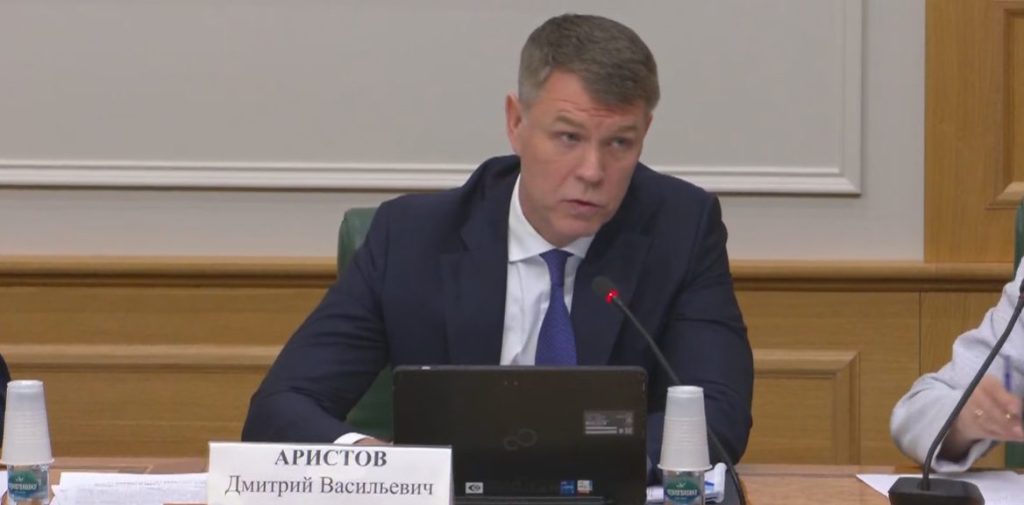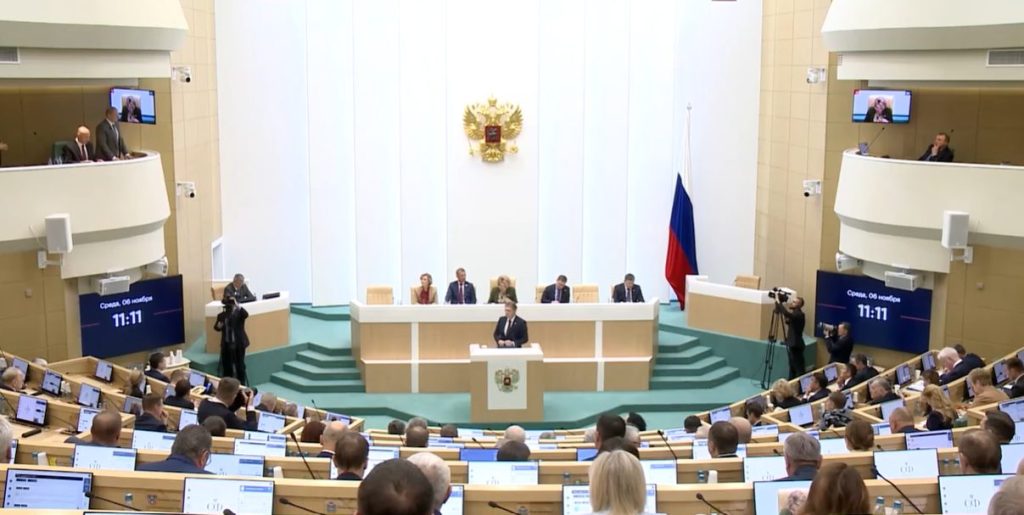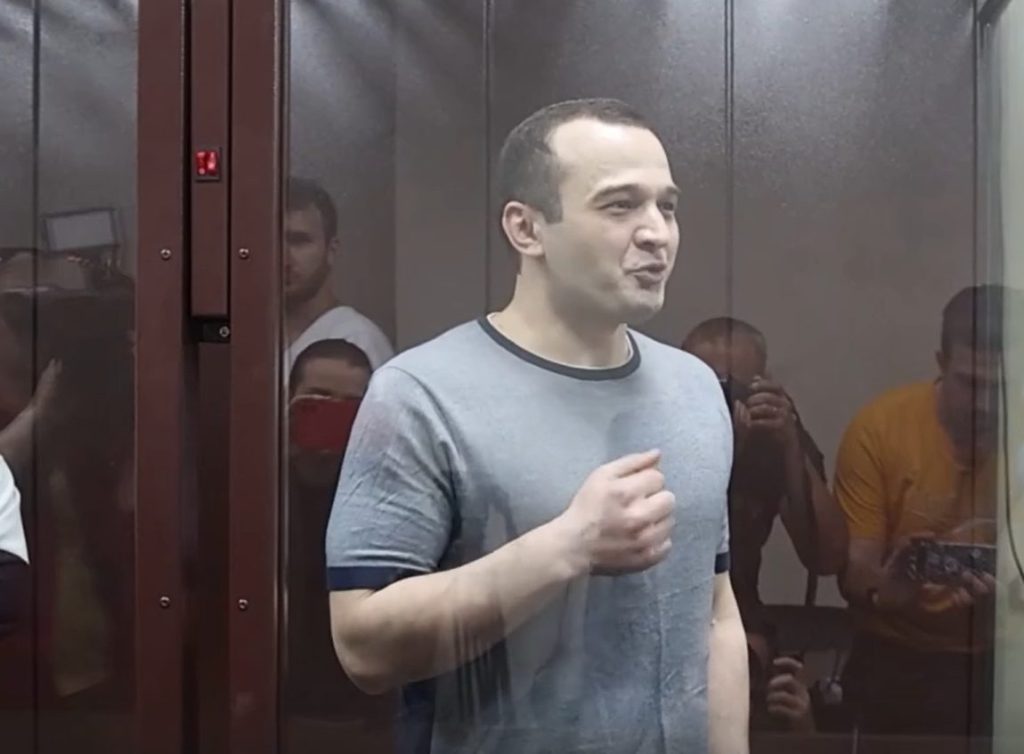Russian Bailiffs Innovate: Turning Bitcoin Seizures into Treasury Cash
In a significant development for cryptocurrency regulations in Russia, bailiffs have unveiled new strategies aimed at converting seized Bitcoin (BTC) from criminal cases into cash for the state treasury. This revelation, made by Dmitry Aristov, the head of the Federal Bailiff Service (FSSP), highlights the ongoing struggles with the treatment of digital assets in the nation.

Transforming a “Problematic Asset”
During a session of the Federation Council Committee on Constitutional Legislation and State Building—Russia’s upper legislative chamber—Aristov labeled Bitcoin a “problematic asset,” underscoring the challenges faced by law enforcement in the realm of cryptocurrencies. He stated that the FSSP is collaborating with various stakeholders to formulate mechanisms designed to convert seized Bitcoin into tangible state revenue.
Aristov elaborated on the existing legal frameworks, highlighting a significant precedent established through a landmark criminal case, which facilitates the confiscation of cryptocurrencies. He indicated that law enforcement agencies are actively pursuing effective avenues to monetize these digital assets, thereby enabling the government to capture lost revenue.
The Road Ahead: Legislative Challenges and Solutions
Despite the positive momentum, Aristov emphasized the necessity for legislative clarity. A comprehensive framework for handling confiscated digital assets is still a work in progress, contingent upon the passage of a bill that would clearly define Bitcoin and other cryptocurrencies’ legal status in Russia. “First and foremost,” he stated, “Moscow must establish the legislative foundation for Bitcoin,” reflecting a significant legal gap that hampers effective enforcement and utilization of seized assets.

Breaking Through the Crypto Impasse
Historically, Russia’s approach to cryptocurrency has been mired in conflict. Although recent legislation has recognized crypto mining and allowed some international trade transactions using digital assets, substantial gaps remain. A long-standing law prohibits cryptocurrencies as payment methods within Russia, and the Central Bank has advocated for stringent measures—including a blanket ban on unregulated exchanges and retail crypto investments.
The landscape, however, is not monolithic. There’s a visible split within the government, with various ministries and industrial stakeholders pushing for regulation rather than outright bans. This ongoing tug-of-war could potentially create a stalemate known as a crypto impasse, thwarting progress toward the legal clarity that bailiffs desire.
The UK put Russia in the top tier of its new Foreign Influence Registration Scheme, meaning anyone working for the Russian state in Britain will need to declare their activity or face jail https://t.co/sFevGUE3D3— Bloomberg (@business) April 1, 2025
Legal Precedents: The Tambiev Case and Its Implications
Aristov’s mention of a legal precedent likely refers to the high-profile case of Marat Tambiev, a former investigator who was sentenced to 16 years in prison for accepting Bitcoin bribes. Authorities seized 1,032 BTC from him, and the Russian Treasury has initiated steps to transfer these funds to state coffers.

Moreover, the government is currently deliberating on a bill that would formally recognize crypto assets as property within criminal procedures. Lawmakers are also contemplating creating a state-run fund to manage confiscated cryptocurrencies, with the aim of using the proceeds to support social projects. This could mark a pivotal step in integrating cryptocurrencies into the Russian financial ecosystem.
A key Kremlin negotiator is expected in Washington this week for talks with US President Donald Trump’s administration, two sources familiar with the plan said, the most senior Russian official to visit since Moscow invaded Ukraine in 2022 https://t.co/rBUmuXaTiH— Reuters (@Reuters) April 2, 2025
Conclusion: A New Dawn for Crypto in Russia?
The challenges faced by Russian bailiffs in navigating the murky waters of cryptocurrency law highlight a broader issue: the necessity for legislative clarity in an evolving digital landscape. As authorities work towards effective regulations that allow for the conversion of seized digital currencies into usable state revenue, the ramifications of these changes could be profound. How will this drive the future of crypto in Russia? One thing is certain—the conversation around cryptocurrency regulations in Russia is far from over.
What are your thoughts on Russia’s approach to cryptocurrency? Will clearer regulations benefit the state, or could they stifle innovation? We’d love to hear your insights!

